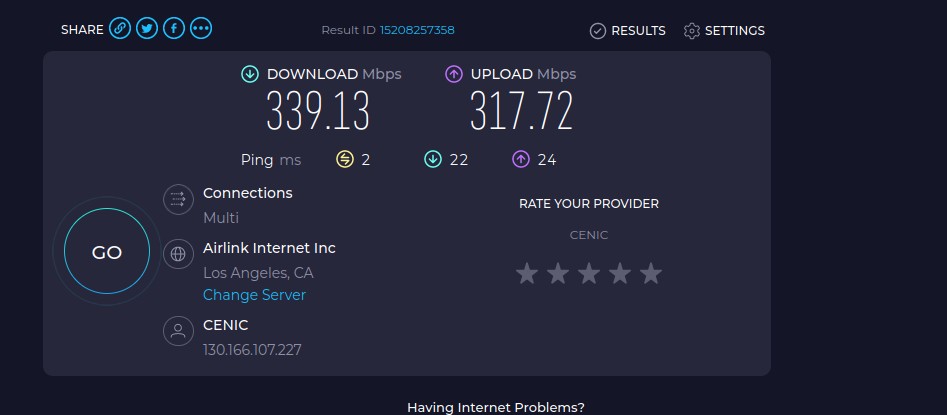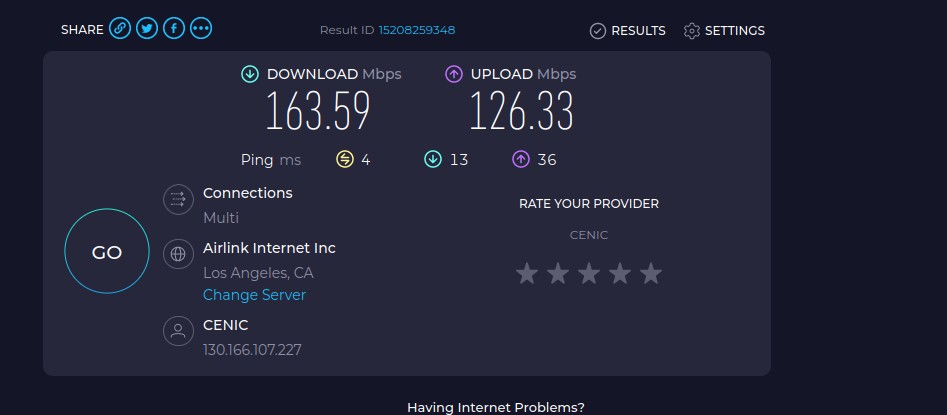Getting situated in my dorms
For my college, I am going to California State University, Northridge (CSUN). In addition to bringing along normal supplies, I also brought my homelab along.

On the right, is a desktop comuputer, which would be the server I am using for my homelab things.
On top of that, is my router, which I have configured to wireguard vpn into a VPS I am renting. In addition to that, the router will connect via ethernet to campus internet, and then give me internet, which I have found to be suprisingly faster than accessing campus wifi via internet.
To the left, is my laptop, which I have “docked” there. It connects up to my monitor and keyboard:

However, the ethernet isn’t currently activated. Apparently, you have to submit a maintenence request for them to turn it on. And since the maintenence workers don’t work on weekends, I have to wait until monday.
One thing that would really suck is if it wasn’t just the wifi that used eduroam to authenticate, but also the ethernet.
Eduroam wifi requires special tools to authenticate, and it’s possible that my router may not have these tools installed.
I visited https://test-ipv6.com in order to test ipv6 networking:

I did some futher testing. Both my phone, my laptop, and my other laptop had different public ip addresses. Except they weren’t truly public:
[moonpie@cachyos-x8664 moonpiedumplings.github.io]$ nmap -sV 130.166.192.250
Starting Nmap 7.94 ( https://nmap.org ) at 2023-08-27 11:10 PDT
Note: Host seems down. If it is really up, but blocking our ping probes, try -Pn
Nmap done: 1 IP address (0 hosts up) scanned in 3.07 seconds
[moonpie@cachyos-x8664 moonpiedumplings.github.io]$ nmap -Pn 130.166.192.250
Starting Nmap 7.94 ( https://nmap.org ) at 2023-08-27 11:10 PDT
sits here foreverIt seems that, despite the machines having public ip addresses, there is a a firewall in place to prevent any access from the external world. So it isn’t truly a “public” ip address.
The output of ip a agrees with this.
[moonpie@cachyos-x8664 ~]$ ip a
... extraneous stuff omitted for brevity
...
3: wlan0: <BROADCAST,MULTICAST,UP,LOWER_UP> mtu 1500 qdisc noqueue state UP group default qlen 1000
link/ether 4c:d5:77:2d:b2:6d brd ff:ff:ff:ff:ff:ff
inet 10.40.66.133/20 brd 10.40.79.255 scope global dynamic noprefixroute wlan0
valid_lft 26229sec preferred_lft 26229sec
inet6 fe80::e25c:14be:fd65:8944/64 scope link noprefixroute
valid_lft forever preferred_lft foreverSo despite having private ip addresses, each and every ip address maps to a public ip address.
Apparently the whole of 130.166.0.0/16 is owned by CSUN.
This is honestly a tragedy. Entire countries don’t have ipv4, only v6 because the US hoards v4 addresses, like in this case, what could be one or a few NAT’s is instead an ip address for every device.
As for speed:

Pretty good, but it’s 11 AM when I did this. That’s more than double the speeds I was seeing last night, something around 110 down and 20 up. I may rerun the test again at a more congested time just to make sure.
Overall, the setup is niceish, but not having ethernet working immediately is frustrating.
Alright, a week later I got ethernet working. My router is set up and when I test the speeds on my router internet:

Vs the campus wifi:

I’m seeing around double the speeds, as opposed to normal campus wifi.